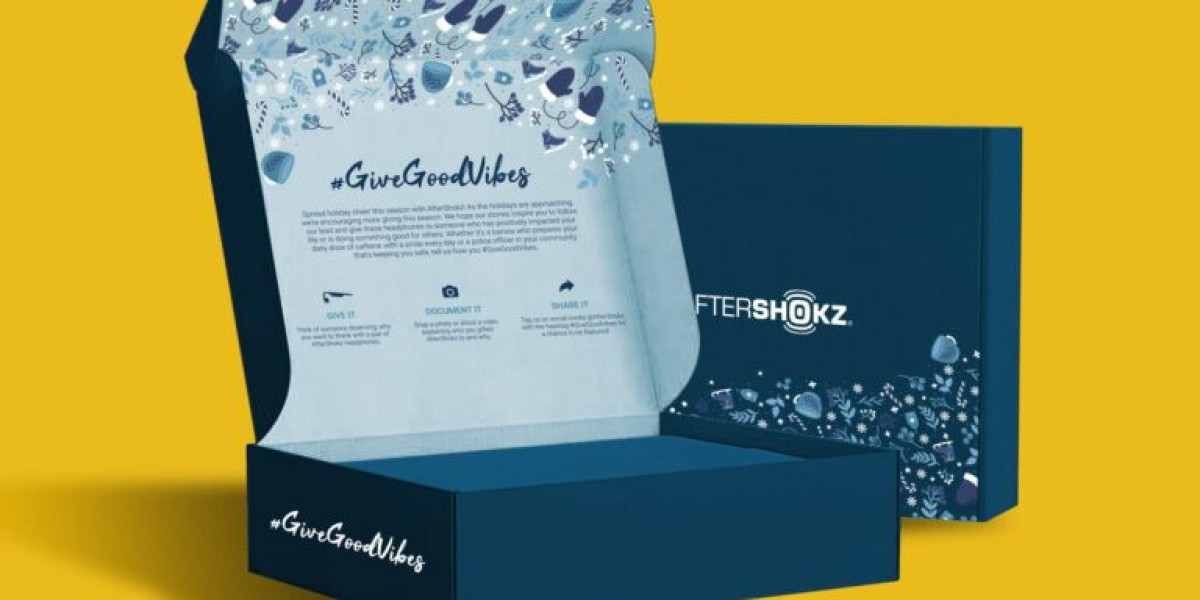In the world of modern packaging, construction, and product design, the term "double walled" refers to a structure or material composed of two distinct layers or walls. This design offers numerous advantages across industries—ranging from enhanced insulation to increased strength and durability. Whether used in cardboard boxes, drinkware, building materials, or stainless-steel containers, double-walled constructions are known for their practicality, safety, and performance. Let’s explore the meaning, benefits, and applications of double walled systems in various contexts.
What Does “Double Walled” Mean?
“Double walled” refers to an object or structure made with two separate layers (or walls), usually separated by a space that may be filled with air, foam, vacuum, or another insulating material. This design is commonly used to improve thermal performance, structural integrity, or protection.
Depending on the industry, double-walled systems are employed for different reasons:
Thermal insulation – to keep hot or cold contents at a stable temperature
Structural strength – to make packaging more robust and impact-resistant
Safety – to prevent heat transfer and protect users from burns
Durability – to resist pressure, wear, or environmental damage
Common Applications of Double-Walled Structures
1. Double Walled Drinkware (Mugs, Bottles, Tumblers)
Double-walled drinkware is immensely popular for its temperature-retaining abilities. These cups or bottles are typically made from borosilicate glass, ceramic, or stainless steel, with a vacuum or air layer in between the walls.
Benefits:
Keeps beverages hot or cold longer
Prevents condensation on the outer surface
Remains comfortable to hold even with hot contents
Adds a modern, aesthetic appeal (especially in glassware)
Popular Brands: Hydro Flask, Yeti, Thermos, Starbucks glassware
2. Double Walled Cardboard Boxes
In packaging, double-walled boxes are made of two layers of corrugated cardboard with a liner in between. These are commonly used for shipping heavy, fragile, or valuable items.
Advantages:
Stronger than single-walled boxes
Excellent cushioning and shock absorption
Higher stacking strength
More durable in transit and handling
Common Uses:
E-commerce packaging
Industrial shipping
House moving
Archival storage
3. Double Walled Stainless Steel Containers
These containers are frequently used in food and beverage storage, thermal flasks, lunch boxes, and industrial tanks. The space between the two stainless steel walls is usually vacuum-sealed.
Key Features:
Vacuum insulation for heat retention
Leak-proof design
Safe from rust and corrosion
Often BPA-free and food-grade
4. Double Walled Construction Materials
In architecture and building construction, double-walled designs offer insulation and structural performance. For example, double-walled concrete walls or facades are used to increase energy efficiency.
Energy and Safety Benefits:
Superior thermal insulation (reducing heating/cooling costs)
Noise reduction
Improved fire resistance
Environmentally friendly (can reduce the carbon footprint)
5. Double Walled Fuel and Storage Tanks
In industries dealing with chemicals, petroleum, or hazardous materials, double-walled tanks are used for added safety. The outer wall acts as a secondary containment to prevent leaks or spills.
Applications:
Fuel stations
Chemical plants
Wastewater treatment facilities
Regulatory Compliance:
Double-walled tanks are often required to meet environmental and safety regulations for hazardous material storage.
Advantages of Double Walled Products
Temperature Control: Keeps hot items hot and cold items cold for extended periods.
Enhanced Safety: Reduces surface temperature to prevent burns or injuries.
Increased Durability: More resistant to wear, pressure, and external force.
Eco-Friendly: Helps reduce energy consumption in insulated buildings or drinkware.
Professional Appearance: Especially in packaging and glassware, double-walled designs appear sleek and modern.
Disadvantages of Double Walled Systems
While double-walled products offer many benefits, there are a few drawbacks to consider:
Higher Cost: Due to complex manufacturing processes and materials.
Heavier Weight: Particularly in stainless steel containers and packaging.
Repair Difficulty: If the outer or inner wall is damaged, it’s often hard or impossible to fix.
Recycling Challenges: Double-walled items made from mixed materials can be harder to recycle.
How to Choose the Right Double Walled Product
When selecting a double-walled item, consider the following:
Material: Choose stainless steel for durability, glass for aesthetics, or cardboard for lightweight strength.
Purpose: For hot drinks, go with vacuum-insulated drinkware. For packaging, assess the weight and fragility of the items.
Environmental Impact: Look for BPA-free, recyclable, or reusable products.
Brand Reputation: Well-established brands tend to have better quality assurance.











